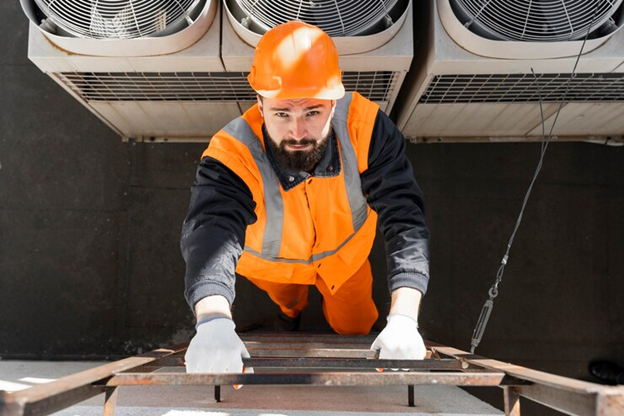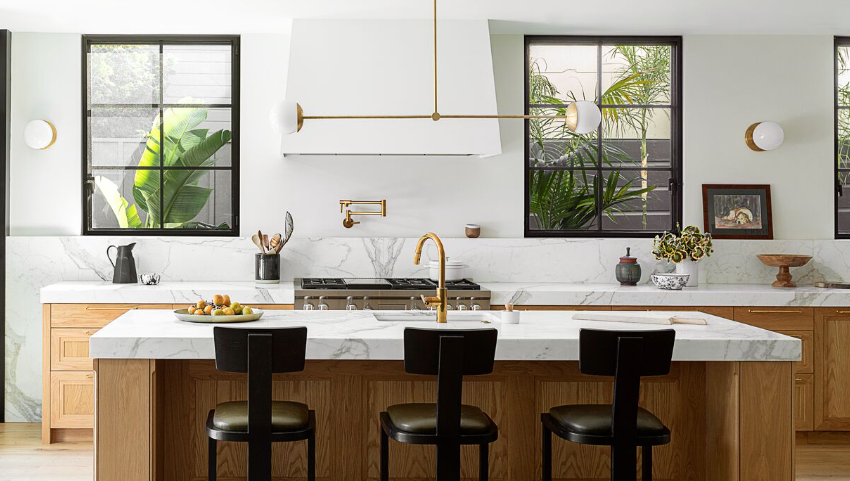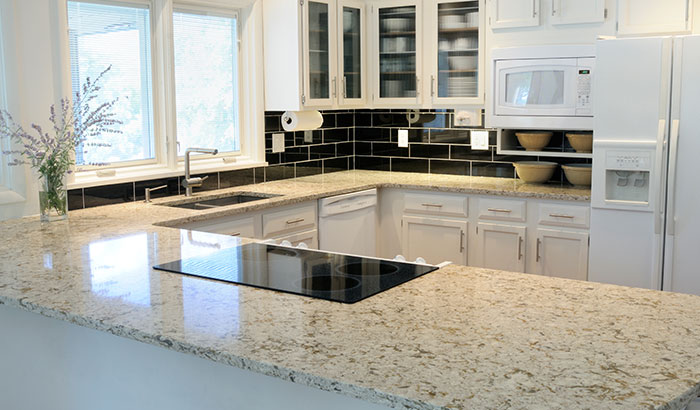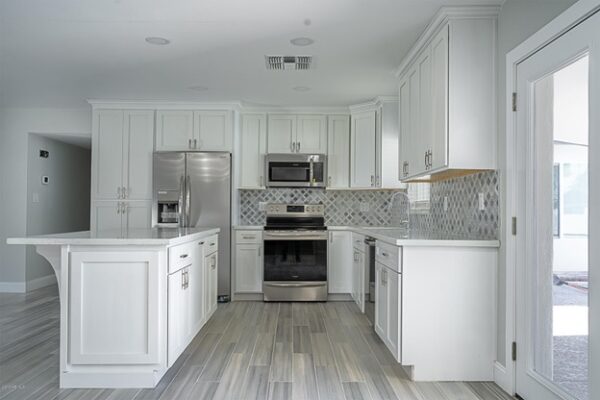Top Tips for Maintaining Optimal Performance in Your HVAC System
Every building, from homes to factories, relies on a well-functioning HVAC system to maintain comfortable and productive interior temperatures. But HVAC systems, just like any other machinery, require regular care and attention to operate efficiently and avoid breakdowns.
This guide explores top tips for ensuring optimal performance from your HVAC system, whether it’s a residential unit keeping your family comfortable or a large-scale system in an industrial setting.
Let’s get started!
Top Tips for Maintaining Optimal Performance in Your HVAC System
By following these tips, you can extend the lifespan of your HVAC system, reduce energy consumption, and ensure a consistently comfortable environment.
1. Prioritize Preventative Maintenance:
The cornerstone of a smoothly functioning HVAC system lies in preventative maintenance. Scheduling regular appointments with a qualified technician is crucial. These appointments typically involve a thorough inspection of your system, including cleaning components, checking for leaks or blockages in ductwork (for residential systems) or within the unit itself (for some industrial boilers), and ensuring proper operation.
Preventative maintenance helps identify minor issues early on, preventing them from escalating into major problems that might require a costly repair down the line. Ideally, schedule maintenance appointments twice a year – once before the heating season and once before the cooling season. For industrial boilers, however, the frequency of maintenance may vary depending on the size, complexity, and usage of the boiler.
2. Embrace DIY Maintenance Tasks:
While some aspects of HVAC system maintenance require a professional touch, there are simple tasks you can handle yourself to keep your system running smoothly. Before each season, visually inspect your HVAC system for any visible signs of wear or damage. Clean the areas around the outdoor units (residential systems) or air intake vents (industrial boilers), removing debris like leaves or twigs that can obstruct airflow.
Replace air filters according to the manufacturer’s recommendations, typically every 1-3 months depending on your environment and usage. Familiarize yourself with your thermostat settings and ensure they’re programmed for optimal comfort and efficiency throughout the year.
3. Recognizing When to Call a Professional:
For residential HVAC systems, watch out for unusual noises coming from the unit, inconsistent cooling or heating throughout your home, a sudden increase in your energy bills, or weak airflow coming from your vents. In industrial boiler, signs might include pressure fluctuations, unusual sounds, visible leaks, or a decrease in boiler efficiency.
If you experience any of these issues, don’t hesitate to contact a qualified technician to diagnose and address the problem promptly.
4. Considering System Upgrades for Long-Term Benefits:
If your HVAC system is nearing the end of its lifespan (typically around 10-15 years for residential systems and can vary depending on usage for industrial boilers), it might be time to consider an upgrade. Modern HVAC systems are significantly more energy-efficient compared to older models. While the initial investment for a new system might seem high, the long-term savings on energy bills can be substantial.
A qualified HVAC professional can assess the efficiency of your current system and advise you on whether a repair might suffice, or if a system upgrade would be a more cost-effective solution for your needs. In the case of industrial boilers, upgrading to a more efficient model can significantly reduce fuel consumption and operating costs.








